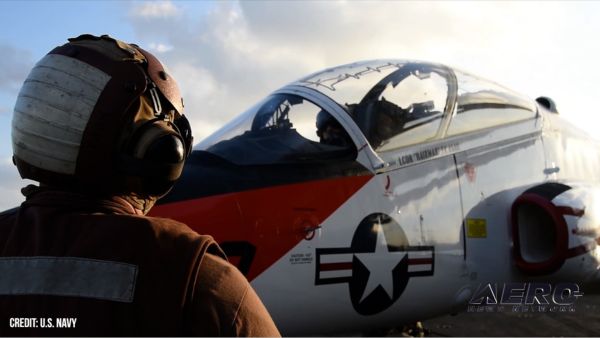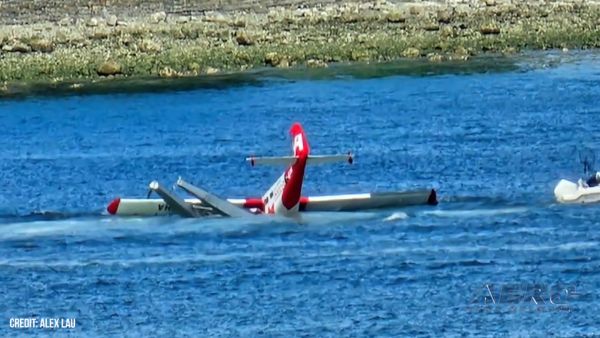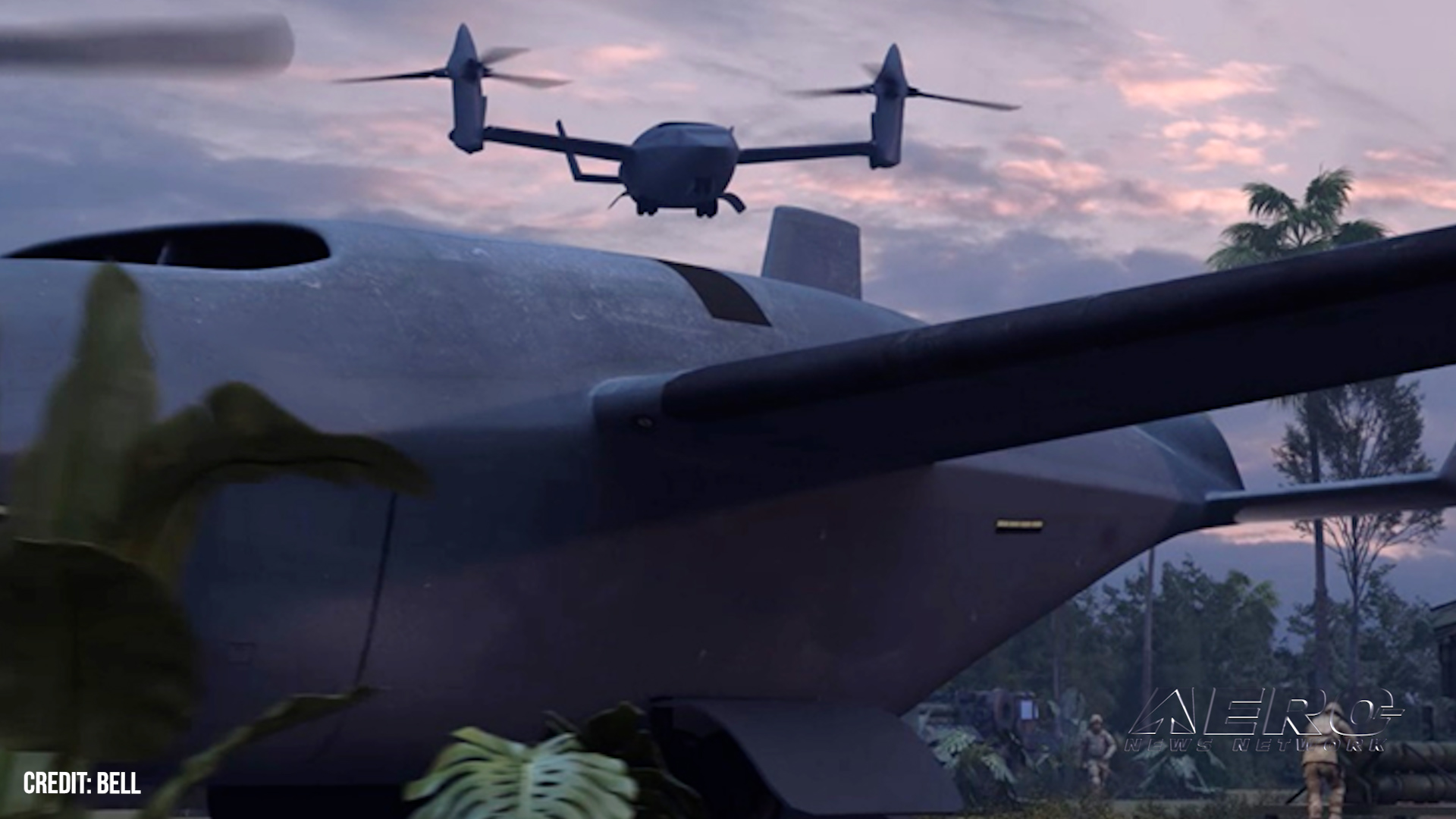Wed, Jul 07, 2010
Spacecraft Deemed To Meet Critical Human Space Flight
Requirements
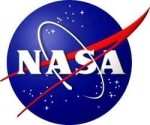 The Orion crew exploration vehicle has successfully completed
the Phase 1 Safety Review of NASA's Human Rating Requirements for
space exploration in low Earth orbit and beyond. The NASA/Lockheed
Martin Orion team earned the approval from NASA's Constellation
Safety & Engineering Review Panel (CSERP) upon completion of
the review, an essential requirement for the Orion program to move
forward to the Critical Design Review and Phase 2 Safety
Review.
The Orion crew exploration vehicle has successfully completed
the Phase 1 Safety Review of NASA's Human Rating Requirements for
space exploration in low Earth orbit and beyond. The NASA/Lockheed
Martin Orion team earned the approval from NASA's Constellation
Safety & Engineering Review Panel (CSERP) upon completion of
the review, an essential requirement for the Orion program to move
forward to the Critical Design Review and Phase 2 Safety
Review.
The safety review process is a rigorous and exhaustive look at
the design and operational concepts to assure that all requirements
have been adequately met. System safety requirements address
potentially catastrophic failures that could result in loss of crew
or loss of mission during launch, ascent to orbit, approach and
docking to the International Space Station, re-entry, landing, and
recovery operations. Thoroughly reviewing spacecraft designs and
operations for possible causes of such catastrophic failures, and
designing appropriate mitigations for them, is a critical part of
NASA's human rating program.
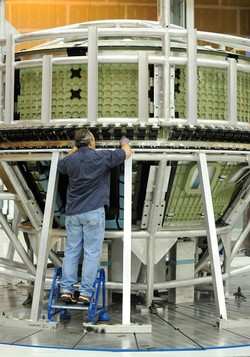
Orion Crew Module Under Construction
"Completing this significant safety review puts Orion well down
the road in satisfying the requirements to minimize the nation's
gap in human space flight," said Paul Benfield, Lockheed Martin
Integrated Reliability & Safety Manager for the Orion Program.
"NASA's current human rating standards include stringent
requirements and thorough procedures developed from the best
practices of NASA's past 50 years of human spaceflight."
Benfield noted that human rating a vehicle for beyond low Earth
orbit (LEO) is particularly challenging given the greater autonomy
of such a mission, the extended mission durations, and increased
time to return to Earth. This Phase 1 Safety milestone covers the
requirements for Orion missions in LEO as well as sortie missions
to the moon. The design enables a six-month on-orbit duration which
is vital to assure return capability of the space station crew, as
well as support autonomous lunar orbit operations. This long
duration design far exceeds the one- to two-week capabilities
offered by other potential providers.
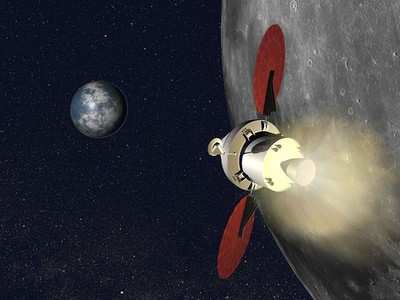
Artist's Rendering
"Human rating a spacecraft is not a feature you can just simply
add on once the vehicle is designed," explained Benfield. "It is a
process that requires endurance and attention to detail to ensure
that safety is driven into every aspect of the vehicle design and
operations from the beginning. Optimal safety and reliability is
strategically and systematically incorporated into the vehicle from
day one, concurrent with critical trade decisions considering
vehicle mass and cost."
More News
Known Traffic With respect to ATC clearances, means aircraft whose altitude, position, and intentions are known to ATC.>[...]
Aero Linx: Aviation Suppliers Association (ASA) Established February 25, 1993, the Aviation Suppliers Association (ASA), based in Washington, D.C., is a not-for-profit association,>[...]
Abeam An aircraft is “abeam” a fix, point, or object when that fix, point, or object is approximately 90 degrees to the right or left of the aircraft track. Abeam indic>[...]
Aero Linx: The Air Charter Safety Alliance The group, called the Air Charter Safety Alliance, will raise awareness of illegal charter flights among potential customers, charter bro>[...]
“For months, ALPA has been sounding the alarm on the ongoing efforts by some aircraft manufacturers to remove pilots from the flight deck and replace them with automation. To>[...]
 ANN's Daily Aero-Term (06.10.24): Known Traffic
ANN's Daily Aero-Term (06.10.24): Known Traffic ANN's Daily Aero-Linx (06.10.24)
ANN's Daily Aero-Linx (06.10.24) ANN's Daily Aero-Term (06.11.24): Abeam
ANN's Daily Aero-Term (06.11.24): Abeam ANN's Daily Aero-Linx (06.11.24)
ANN's Daily Aero-Linx (06.11.24) Aero-News: Quote of the Day (06.11.24)
Aero-News: Quote of the Day (06.11.24)



